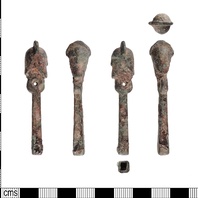
Viking Objects
Copper-Alloy Toilet Implement (LIN-756E6A)
This early medieval socketed anthropomorphic object possibly depicts the Norse god Odin, who wears a bird-headed helmet or headdress. This object belongs to a group of similar figurines, all with bird-headed helmets or headdresses, which have been found in England, Sweden, Gotland, Denmark, Russia, and Belgium. Evidence from cemeteries demonstrates this type of object is strongly associated with women, and is probably an import from Sweden dating to the later seventh century, demonstrating contacts with Scandinavia before the Viking Age. While the exact function of this object remains unclear, parallels suggest it is perhaps a toilet implement.
Read More
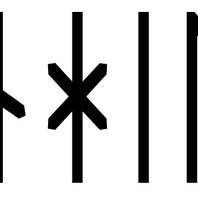
Viking Names
Gunnhild
Gunnhildr is a very common female name throughout the Viking world. In England, the name has a particularly wide geographical distribution that extends beyond the Danelaw and beyond the Viking Age. Its popularity was most likely influenced by its use in the Danish royal family in the eleventh century, when it was borne by an aunt, a daughter and a niece of King Cnut. The name is also the first element of the place-name Gunthorpe, Nottinghamshire.
Read More
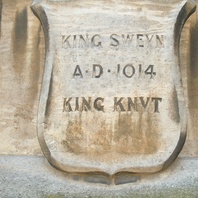
Viking Names
Svein
The Old Norse male name Sveinn was one of the commonest in Scandinavia, particularly in Denmark and Sweden, where it is recorded in many runic inscriptions. It occurs as the first element in the Lincolnshire place-name of Swinethorpe. Early forms of this name confirm that it is nothing to do with swine, but rather contains this name. The name continued in use in both Lincolnshire and Yorkshire well into the thirteenth century. It was famously the name of the father of King Knútr, later king of all England. Sveinn was known as ‘Forkbeard’ and died in Gainsborough, Lincolnshire, in 1014 according to the Anglo-Saxon Chronicle.
Read More
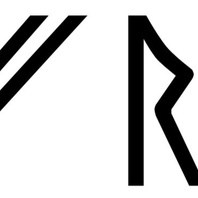
Viking Names
Ingifrid
Ingifríðr appears fairly frequently in Denmark and Sweden. The name is attested twice in England during the Middle Ages in the forms Ingefrit and Ingefrid in documents from Lincolnshire and Yorkshire respectively. It is an Old Norse compound name with its first element Ingi-, which is of doubtful origin but might relate to a Greek word meaning ‘lance’ or ‘staff’ combined with and the second element -fríðr, related to Gothic frījōn ‘to love’, with original meaning ‘loved’, later ‘fair’. In origin it is thus the same name as Ingiríðr.
Read More
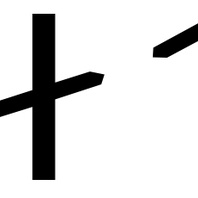
Viking Names
Kati
Káti is a fairly common male personal name in the Viking world, occurring in the inscriptions on at least six Swedish rune-stones. It is the first element in the place-name Caythorpe, Nottinghamshire. There are also several place-names in Lincolnshire which contain this name, including Cadeby and Caythorpe. The name may originally have been a nickname, as it means ‘the cheerful one’.
Read More
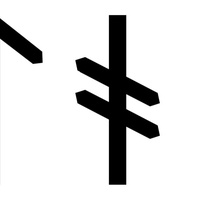
Viking Names
Slodi
Slóði was originally a byname meaning ‘lazy one’. It is extremely rare in West Scandinavia, recorded only once as a personal name and once as a byname and potentially found in a place-name. It is recorded a few times in runic inscriptions in Sweden. Slóði may be the first element in the place-name Sloothby, Lincolnshire; however, there are several other possibilities for this element.
Read More
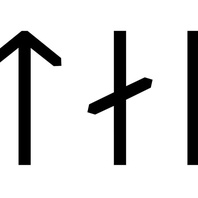
Viking Names
Stari
Stari (also Starri) is mainly found in Iceland, though there is one in a Swedish rune-stone inscription and it has been suggested as the first element in Staythorpe, Nottinghamshire. It derives from a by-name meaning ‘one who stares’.
Read More
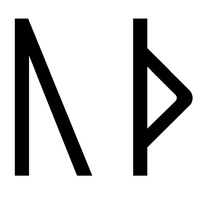
Viking Names
Auda
A single instance of Auða is recorded in West Scandinavia (Norway and Iceland). It was unknown in Denmark but a few instances of Auða are recorded in Swedish runic inscriptions. The form Auda is recorded in a medieval Lincolnshire document. Auða is a short form of Old Norse names in Auð-, an element which is obscure in origin but is perhaps auðr ‘wealth’ or from the stem in auðinn ‘that befalls one’ and jóð ‘new-born baby’.
Read More

Viking Names
Thormund
Þormundr is probabably an Eastern Scandinavian make personal name formed from Old Norse Þór- ‘the god’s name Þór’ and Old Norse –mundr ‘protector’. It is rare in Sweden, but a number of instances are recorded in Denmark including the form þurmutʀ in a runic inscription from the early Viking Age. The name was not found in West Scandinavia until the sixteenth century. Some forms of the place-name Thurmaston, Leicestershire seemed to be influenced by Þormundr in the thirteenth and fourteenth centuries.
Read More
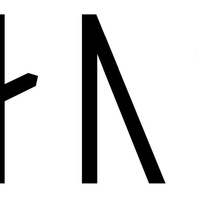
Viking Names
Gauti
Gauti and the related Gautr are short forms of names in Gaut- or -gautr, or an original byname meaning ‘man from Gautland’. This region comprises the provinces now known as Östergötland and Västergötland in southern Sweden, and is the homeland of the Geats in the Old English poem Beowulf. Gauti is recorded in several Swedish runic inscriptions. Gauti is the first element of the place-names Gautby, Lincolnshire and Goadby Marwood, Leicestershire.
